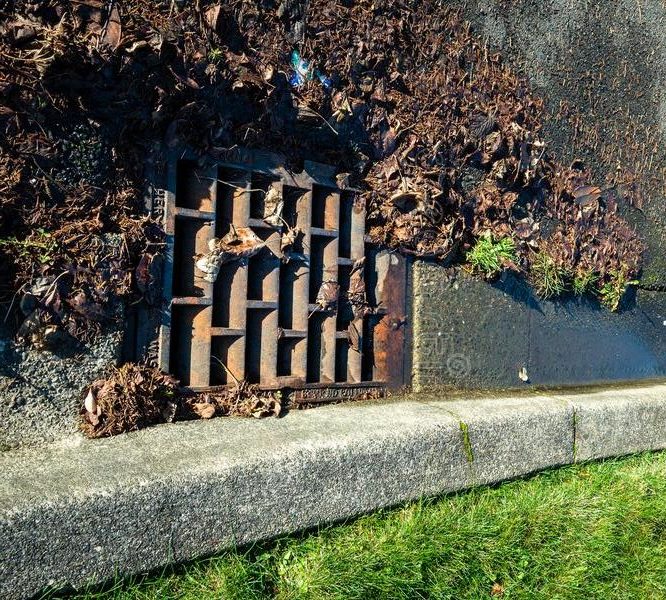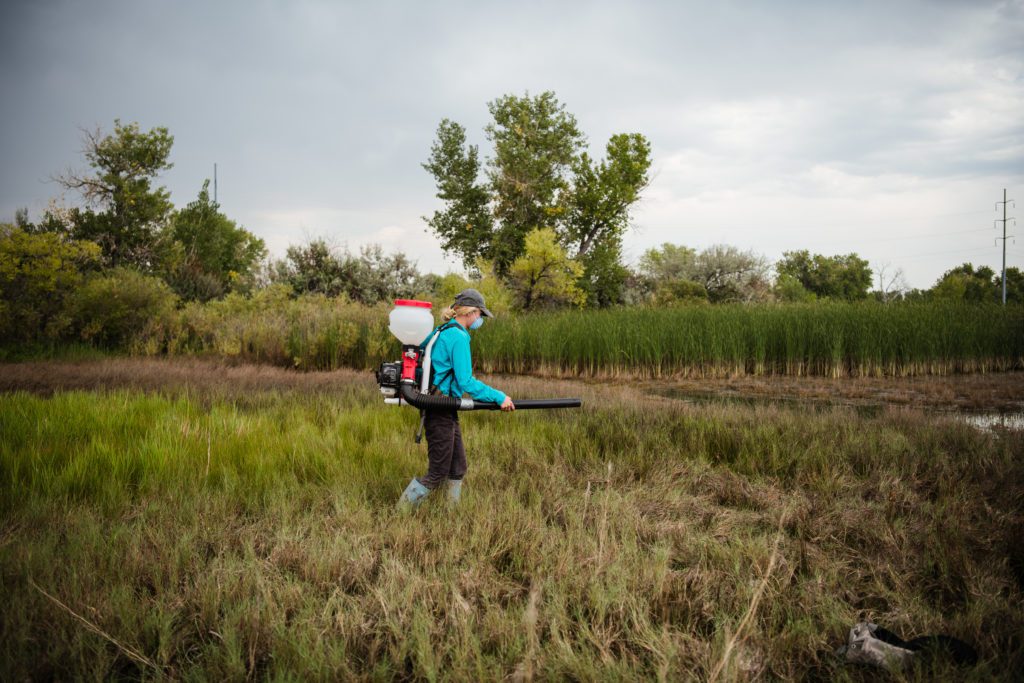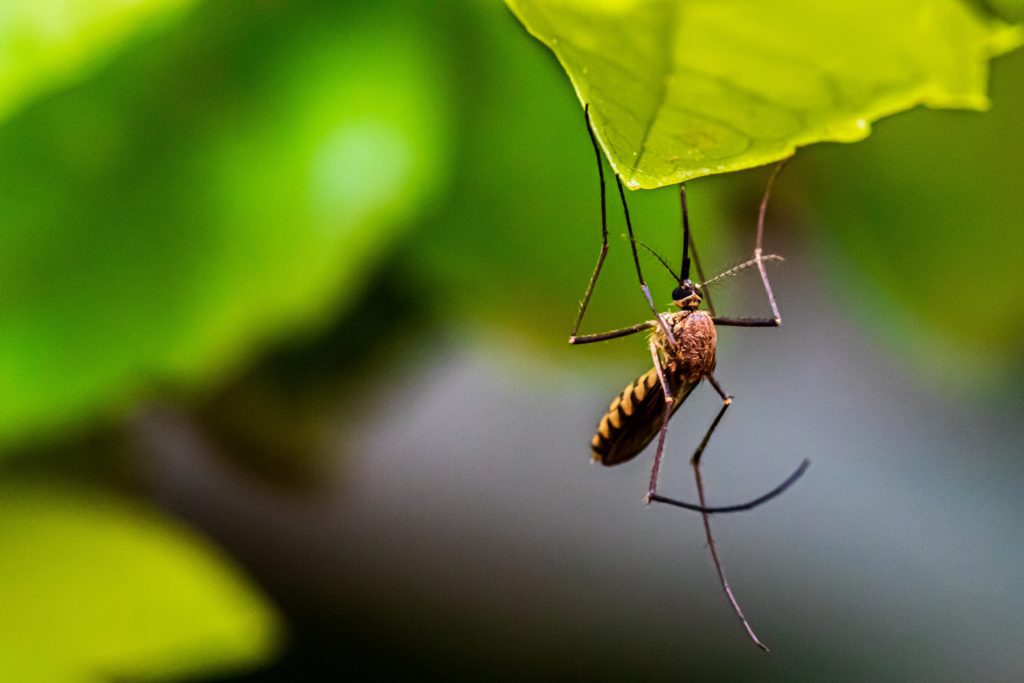
VDCI employs an Integrated Mosquito Management (IMM) approach to design customized programs, based on science, for municipal, county, and parish officials as well as mosquito abatement districts who are interested in starting or upgrading their mosquito abatement programs. We use a combination of computer models, GIS mapping, weather monitoring, and environmentally responsible biological and chemical controls in each of our programs. Combining all this data and program activities into detailed reports facilitates informed program decisions and a well-informed public.
Source Reduction

Large-scale drainage projects are important in reducing mosquito habitat. Although VDCI does not attempt such projects, we will work closely with local agencies in identifying drainage problems. VDCI has the ability to apply herbicides on a limited basis to roadside ditches, which helps both drainage and evaporation to reduce mosquito habitat. VDCI also conducts neighborhood source reduction campaigns. Our inspectors often conduct house-to-house inspections as needed to reduce the production of urban mosquitoes, such as Aedes albopictus and Culex quinquefasciatus, and educate homeowners to identify and remove mosquito habitat in order to control backyard production.
Larval Mosquito Control

Biological control of mosquitoes ranges from naturally occurring organisms such as birds, bats, fish, dragonflies, copepods and mosquito larvae, to artificially introduced organisms such as Bacillus thuringiensis var israelensis (Bti) and Bacillus sphaericus (Bs).
Although few of the biological control agents occurring in nature are available to mosquito control specialists, the introduction and replenishment of Gambusia affinis (the mosquito fish) afford good control in pools, ponds, ditches, and drainage canals, where allowed by law. The most effective and environmentally sound biological agents are Bti and Bs. These products are available in liquid, granular, and time-release formulations and pose little threat of resistance development. When mosquito larvae are detected in an area, VDCI will most often use these environmentally sound biological products to eliminate the problem.
Chemical control of larval mosquitoes is carried out when and where biological control is not feasible. Methoprene, an insect growth regulator (IGR), can be used in any mosquito-producing area where extended control is desired. These areas can be treated on a 45-150 day schedule once positive production is found. Control of mosquitoes found in tire piles throughout a municipality can be treated at 30-day intervals using methoprene. Any use of non-biological larvicides is closely monitored and mosquito species exposed are tested regularly for any evidence of resistance. Chemical larvicides can be used in briquette, granular, or liquid forms depending upon treatment needs and habitat type.
Larviciding can be conducted using a variety of equipment and methods. Backpack applicators and spreaders can be used where vehicle access is unavailable. Tire piles, swales, retention ponds, backyards, etc. can be treated with this type of equipment. Power sprayers and spreaders capable of holding from 15 to 100 gallons are also mounted on All Terrain Vehicles (ATV) or trucks when larger areas need treatment. These mechanisms can be used with all types of larvicide and in most habitat types, such as marshes, swales, or septic ditches. Public parks, golf courses, and ball fields can also be treated quickly and efficiently when surveillance indicates the presence of mosquito larvae.
Adult Mosquito Control

Once it has been determined that adult mosquito populations have reached unacceptable levels or the risk of mosquito-borne illness has become imminent, the application of chemicals to control adult mosquito populations is usually the culmination of an effective Integrated Mosquito Management program. Surveillance, source reduction, larviciding, and public education are used in concert to reduce the quantity and frequency of adulticide applications. When necessary, chemical adulticides are always selected and used in the safest and most environmentally friendly way possible. Additionally, VDCI regularly tests adult mosquitoes and takes all appropriate measures to prevent them from developing resistance to pesticides.
VDCI uses only the most up-to-date truck-mounted Ultra-Low Volume (ULV) application equipment and all of our vehicles are equipped with GPS tracking units capable of delineating the spray routes of each vehicle. We own and operate the country’s largest fleet of ULV- spray trucks and aircraft dedicated to mosquito control under the same company umbrella. Our equipment is calibrated and maintained to the most stringent standards of quality, and our spray technology ensures the proper droplet size and accurate pesticide placement, which in turn allows us to achieve the highest level of mosquito control possible.
[backlink]

